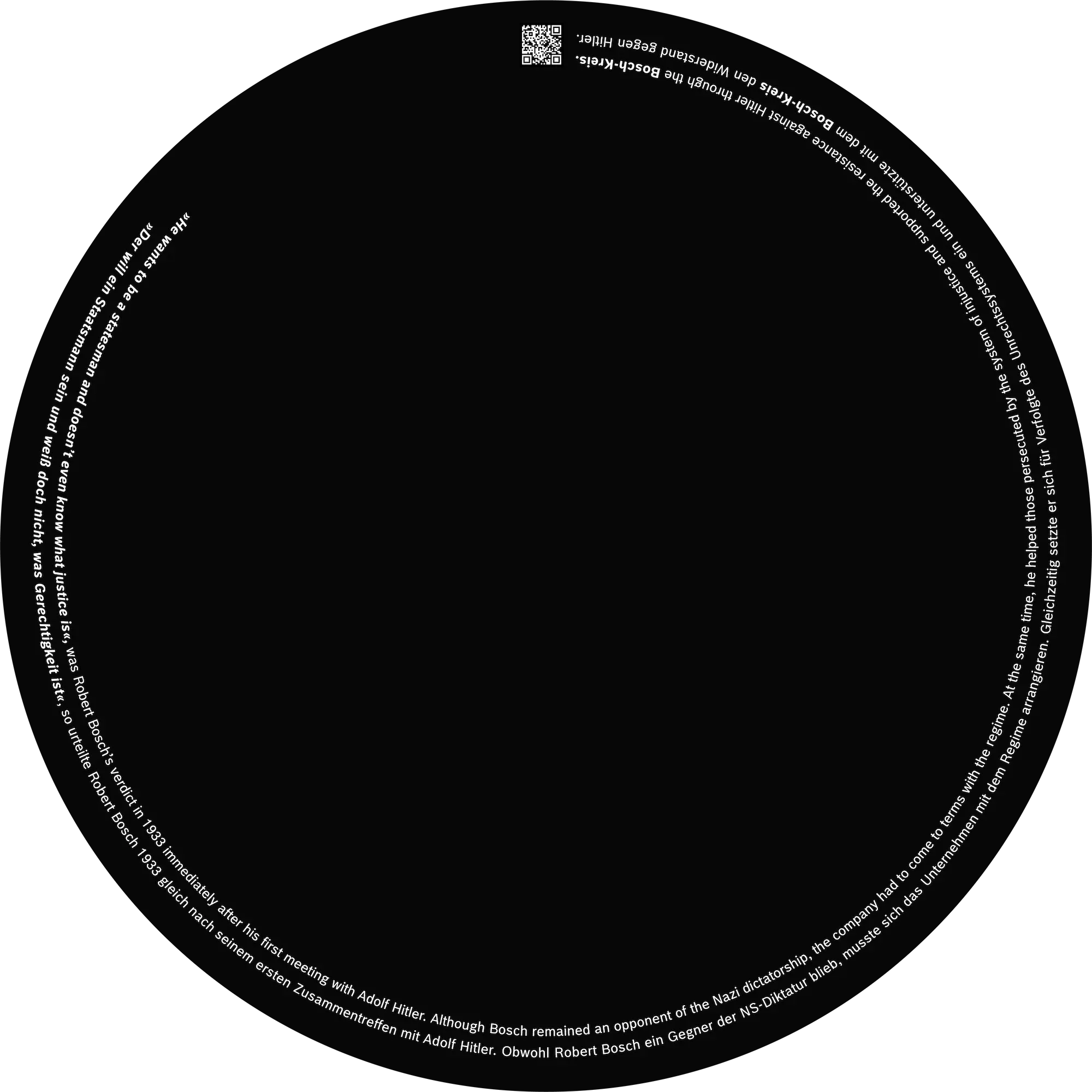
The Bosch-Kreis
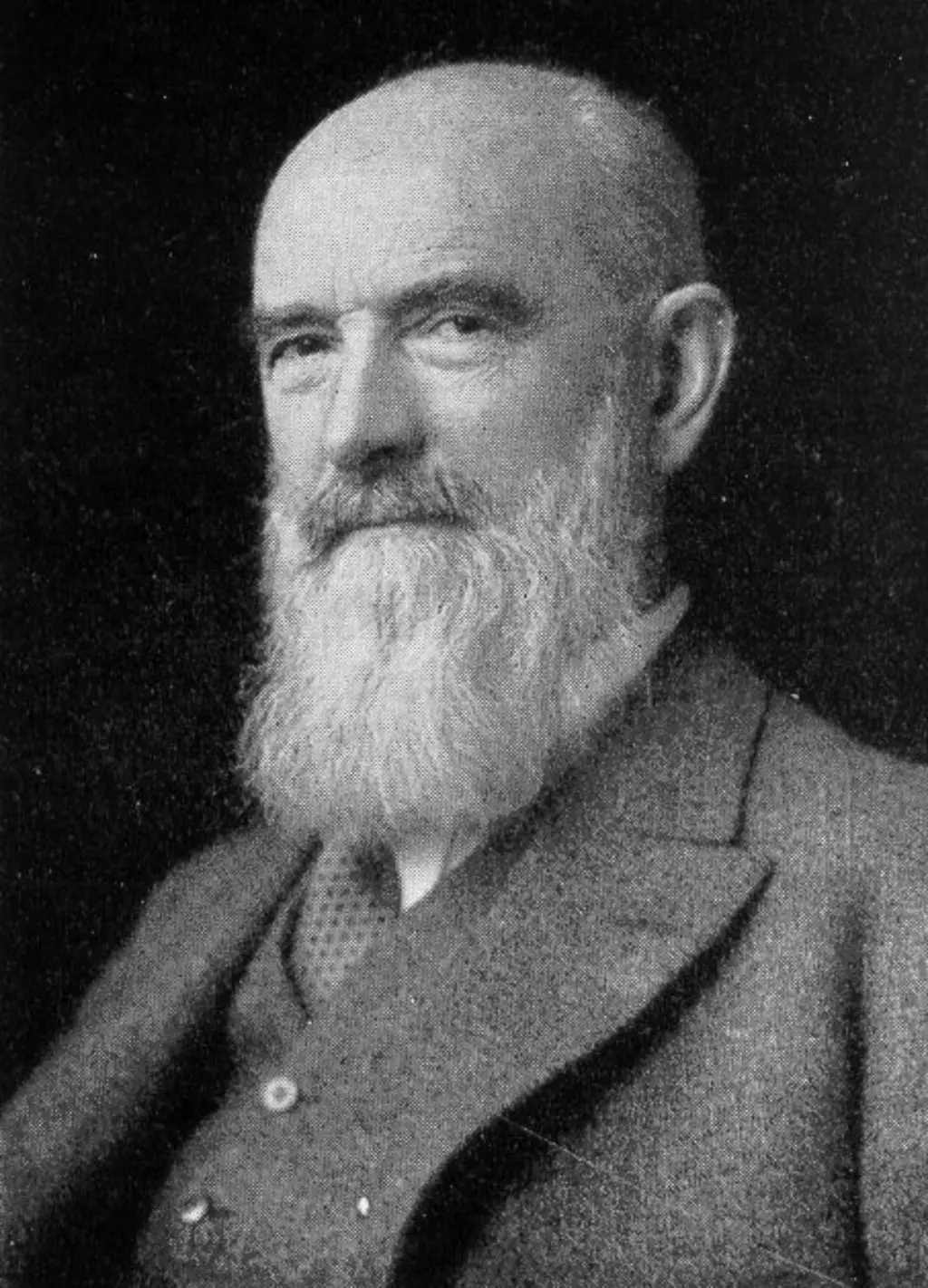
“
He wants to be a statesman and doesn’t even know what justice is.
was Robert Bosch’s verdict in 1933 immediately after his first meeting with Adolf Hitler.
Although Robert Bosch remained an opponent of the Nazi dictatorship, the company had to come to terms with the regime. At the same time, he helped those persecuted by the system of injustice and support-ed the resistance against Hitler through what became known as the »Bosch Circle« (Bosch Kreis). With his backing, a small circle of close associates founded this group, which supported resistance against Hitler and helped Jewish employees and others persecuted by the regime.
The circle included figures such as Theodor Bäuerle, Albrecht Fischer, Paul Hahn, Willy Schloßstein, company head Hans Walz, and Carl Friedrich Goerdeler. The former mayor of Leipzig coordinated the Bosch Circle’s underground activities from 1937 onwards, under the cover of a consultancy contract.
Bosch-kreis members
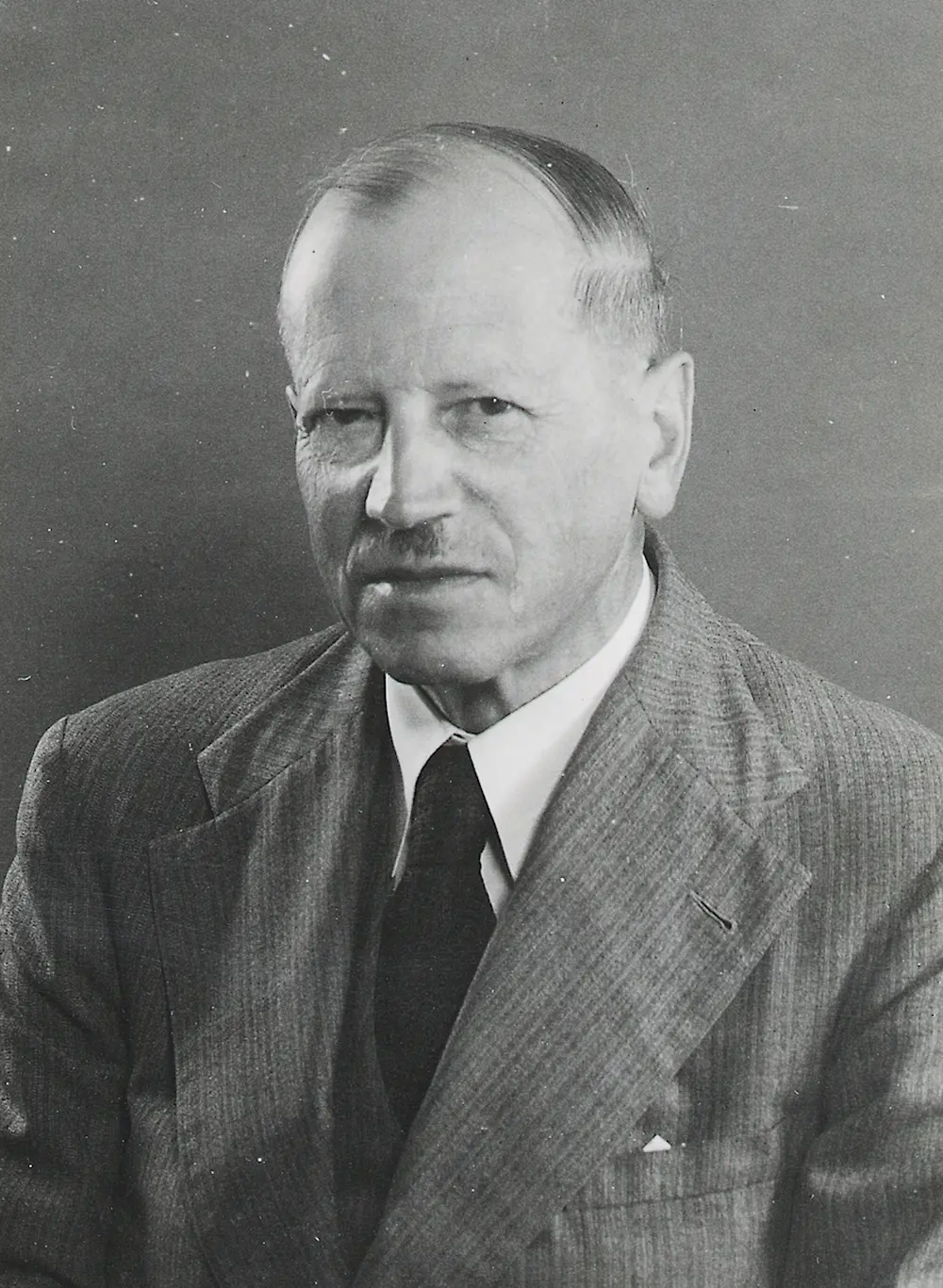

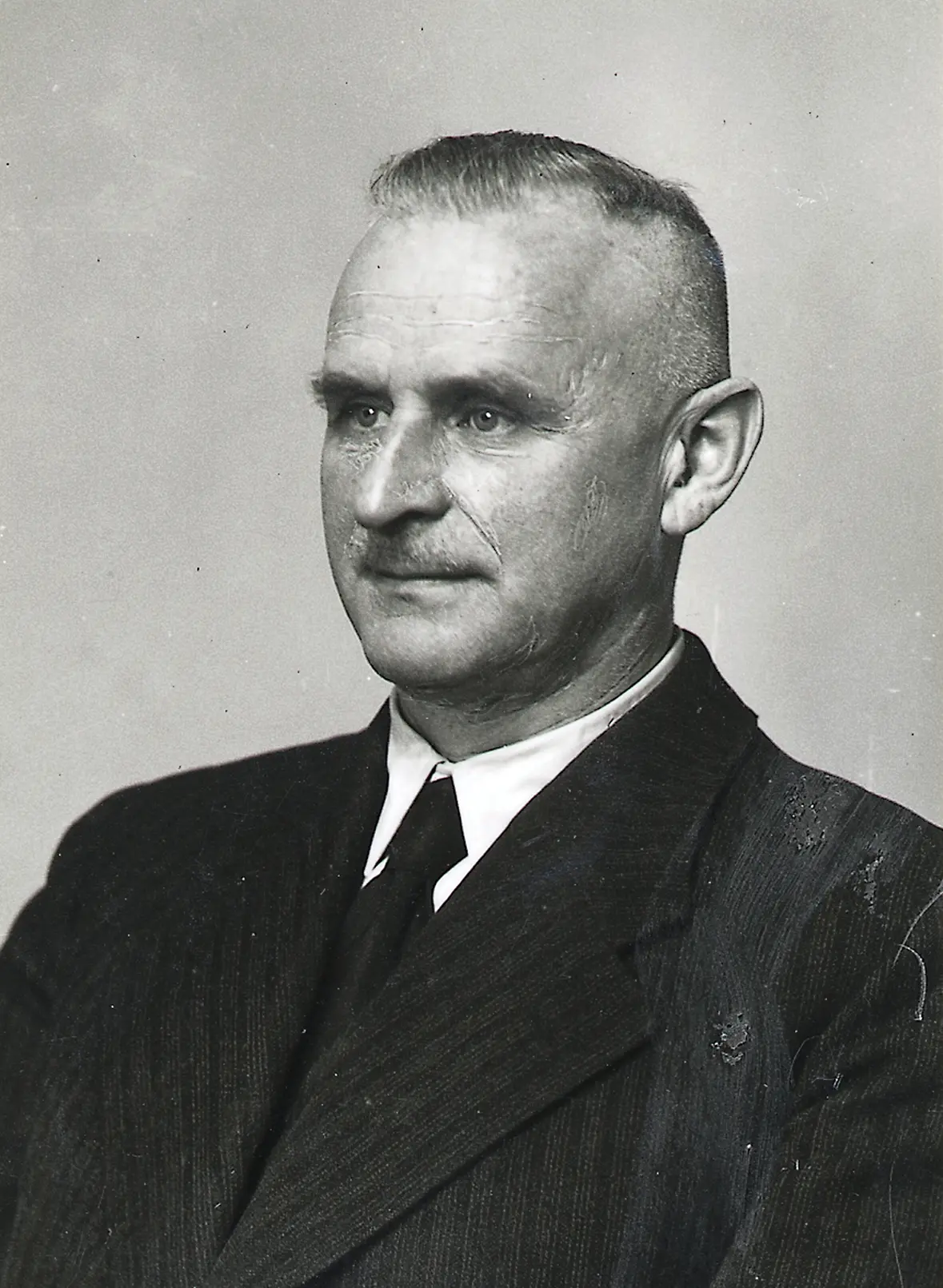
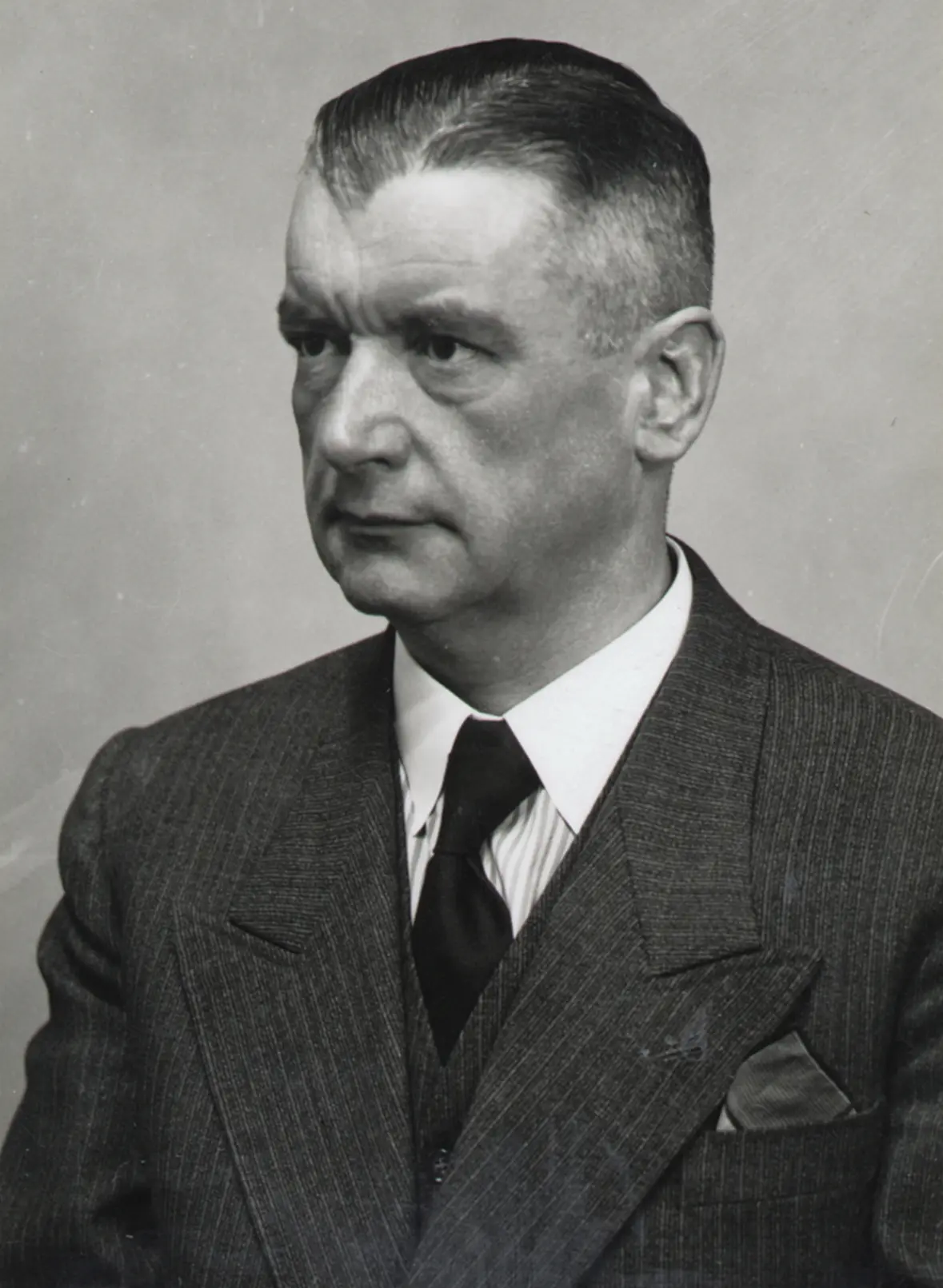
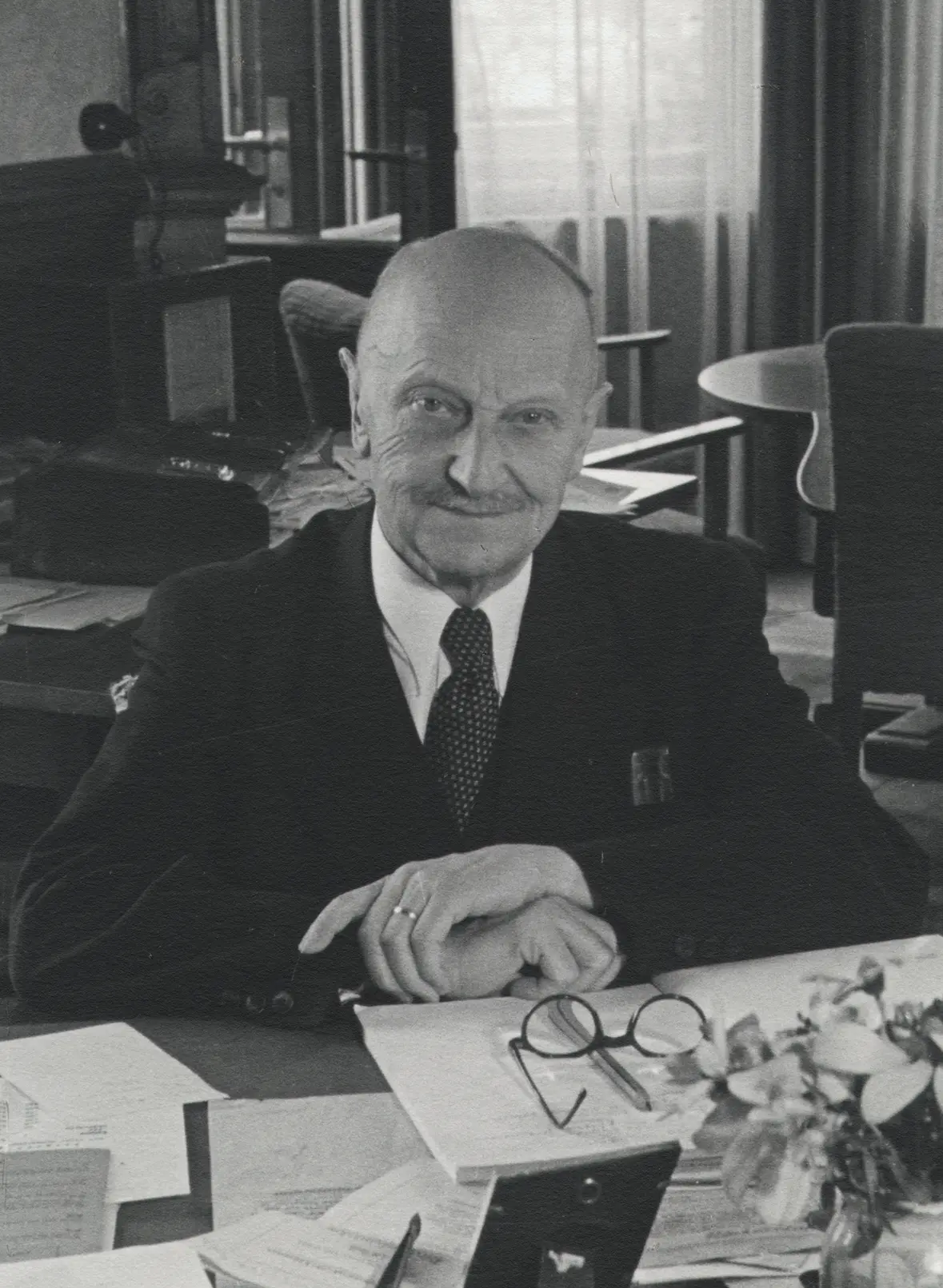
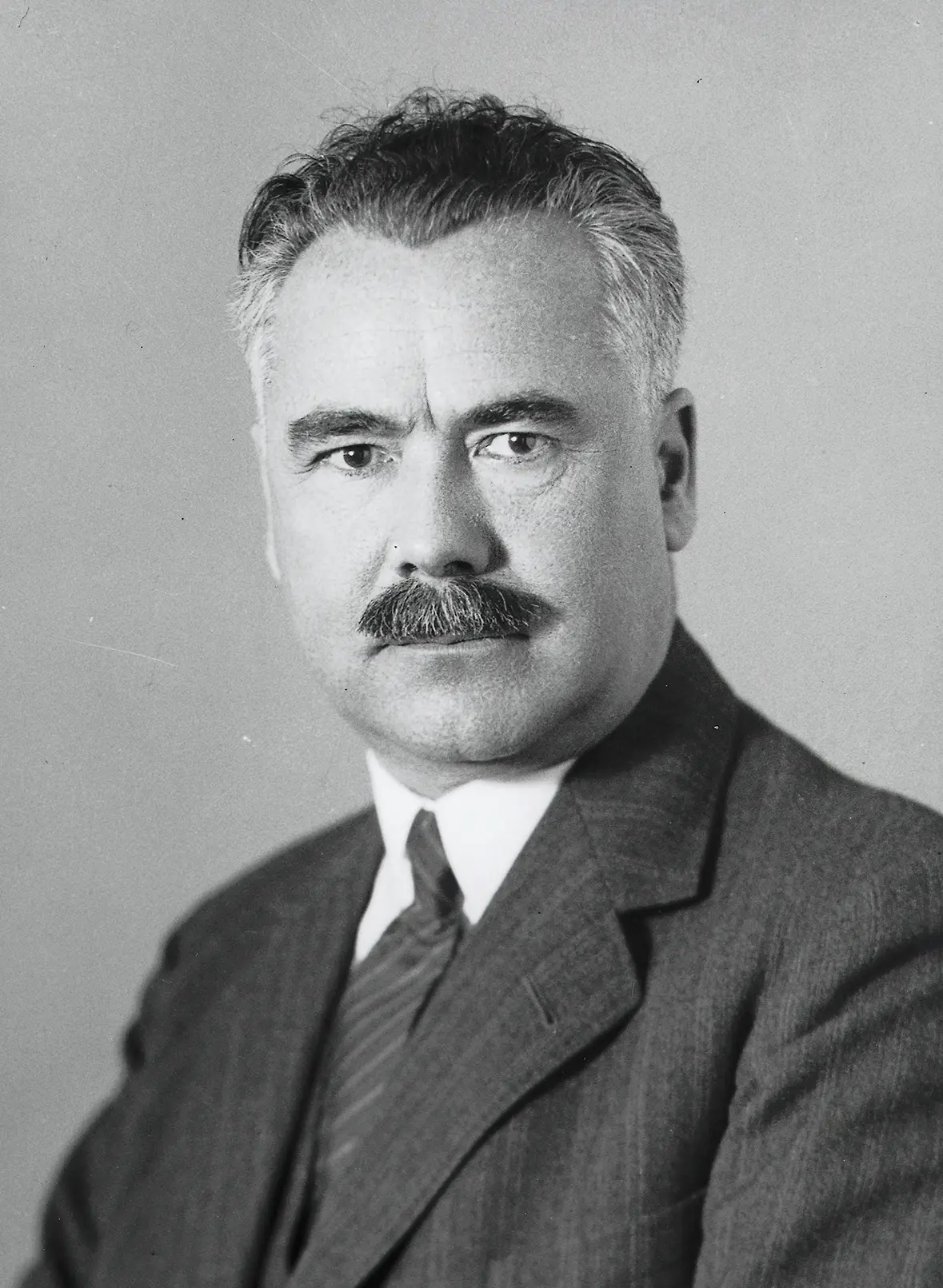
What united these diverse men was their passionate rejection of the Nazi regime and the question of how to oppose it. The Bosch Circle was also involved in the failed attempt to assassinate Hitler on July 20, 1944.
These men risked their lives to take action against the system of injustice. After the failed assassination, Goerdeler, Fischer, Hahn, and Schloßstein were imprisoned. Goerdeler
was executed in Berlin on February 2, 1945.
The Robert Bosch Stiftung continues this legacy
Since its founding in 1964, the Robert Bosch Stiftung has been committed to strengthening civil society engagement. In this way, it aims to safeguard freedom and human dignity for the long term. In 2020, the Foundation made democracy an explicit focus of its work. In 2025, as part of its priority theme “Our Democracy Depends on US,” the Foundation is showcasing positive examples from its funding activities to share its experiences, inspire others, and encourage others to follow suit. The Foundation is convinced: Each and every one of us bears responsibility for our democracy.
Different Focus Areas in Democracy and Education
This includes, for example, promoting constructive dialogue and strengthening community. Together with its partners, the Foundation invites people to engage in controversy, to repeatedly change perspectives, to tolerate differences, and to seek compromise. But it is not only citizens who are called upon to continuously exercise their “democratic muscles.”
The state and its democratic systems also need new impulses. The Foundation therefore supports innovative formats for citizen participation. In our complex world, these offer the opportunity to involve more people in the democratic decision-making process. Above all, the Robert Bosch Stiftung aims to open up new opportunities for political participation to the “silent majority,” in order to counteract growing polarization driven by the loud fringes of society.
Democracy Education in Schools
Engagement with democratic principles begins in early childhood education and schools, which is why democracy education for students and teachers plays a major role in the Foundation’s work: Teaching news and information literacy, practicing a vibrant culture of debate, and modeling how to take responsibility for oneself and others and help shape society are more important than ever.
Together with the Heidehof Stiftung, the Foundation will, for the first time, present a special Democracy Education Award as part of the German School Award on September 30, 2025. This award honors schools that convincingly promote democratic values and skills, enabling their students to learn democracy through experience.